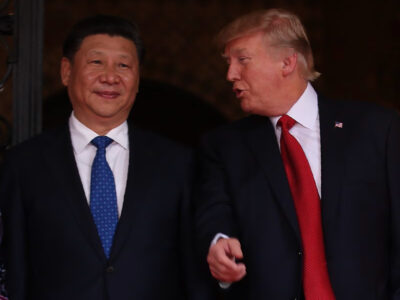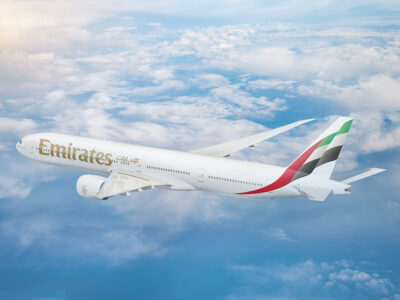Abu Dhabi health authorities have been forced to investigate claims that pork had been detected in products sold by McDonald’s following widespread reports on social media networks.
The Abu Dhabi Food Control Authority responded to claims that mayonnaise and other products used in meals sold by the US fast-food giant contained pork, saying they were false and tests proved the items were halal, local media reported.
“We have checked McDonald’s outlets and tested some samples. We found there is no pork in any product and no foodstuff has been imported by the company from the US recently,” it said in a statement carried by news website Emirates 24/7.
Mohammad Jalal Al Raisi, director of communication and community service at Adfca, told Gulf News that preliminary investigations found that the inquiries made to a call centre were based on rumours that originated on social media.
“Still we did not take any chance and our inspectors took samples of McDonald’s products for lab tests,” he was quoted as saying.
He said the tests proved that non-halal products were not present in Abu Dhabi market at all.
According to Gulf News, the rumours quoted some Islamic institutions abroad as saying that McDonald’s products in the emirate, especially mayonnaise and spices, contained pork ingredients because they originated from McDonald’s America.
However, those products were imported from Egypt, Al Raisi reportedly said.
On Tuesday McDonald’s Corp said it was getting back to basics after a string of disappointing quarterly results in its home market, which it attributed to sluggish economic growth, stiffer competition and internal missteps that have complicated menus and slowed service.
McDonald’s said first-quarter net income fell 5 percent to $1.2 billion, or $1.21 per share, missing Wall Street’s estimate by three cents, according to Thomson Reuters.
Same-restaurant sales in Europe, its top market, which contributes around 40 percent of overall sales, were up 1.4 percent, slightly better than analysts’ forecast for a 1.2 percent gain.
In the Asia Pacific, the Middle East and Africa (APMEA) region, same-restaurant sales rose 0.8 percent, compared with analyst projections for a 0.5 percent increase.
Chief Executive Don Thompson said on Tuesday that McDonald’s is launching a “reset initiative” in the United States that would include tweaking staffing to improve speed during peak hours and putting more focus on affordability and core menu items, such as the Big Mac, Egg McMuffin and french fries. These core items account for 40 percent of sales.
“This is not about a silver bullet. It is important to underscore that it will take time for consumers to notice the changes and reward us with increased visits,” Thompson said on a conference call with analysts.
UPDATE: Yousif Abdulghani, vice president at McDonald’s Middle East Development Company issued the following statement to Arabian Business on April 24: “The internet can be a source for rumours which can spread very quickly. We appreciate the leadership and support of the Abu Dhabi Food Control Authority in investigating a myth about McDonald’s and for sharing the facts about our food with the public. We can assure our customers that all products served at all McDonald’s restaurants in the Middle East are 100 percent halal. All ingredients are inspected and approved by local authorities and halal officers at both the countries of export and by customs officials at the port of entry.
“At McDonald’s, we are proud of being transparent with how we operate. It’s something that’s been at the heart of our business since we opened our first restaurant in the GCC in 1993. We openly share information about our brand, our business, our suppliers and of course our food with our customers – including where ingredients come from, how our food is prepared, and its nutritional value. We would also like invite anyone who is curious about our food to take a tour of a McDonald’s kitchen by signing up to an Open Door session through our website mcdonaldsarabia.com. Here they can book a tour of one of our 419 restaurants within the GCC and find out more about the food we serve and how we prepare it.”








